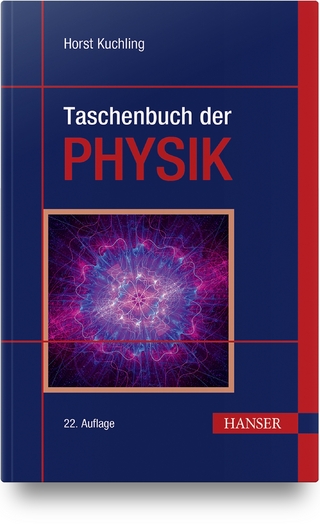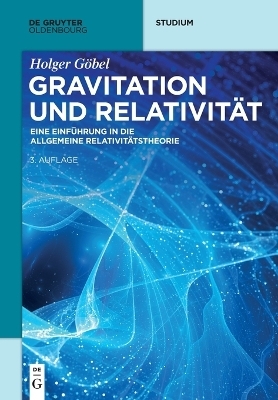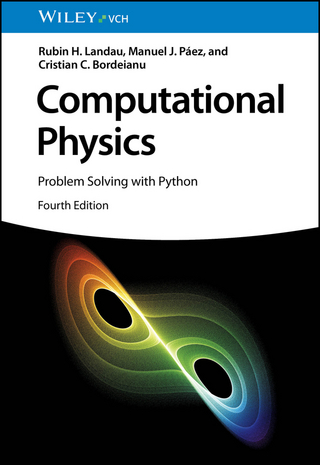
Bedeviled
A Shadow History of Demons in Science
Seiten
2022
Princeton University Press (Verlag)
978-0-691-24168-5 (ISBN)
Princeton University Press (Verlag)
978-0-691-24168-5 (ISBN)
How scientists conjure demons to unlock the secrets of the universeScience may be known for banishing the demons of superstition from the modern world. Yet just as the demon-haunted world was being exorcized by the enlightening power of reason, a new kind of demon mischievously materialized in the scientific imagination itself. Scientists began
How scientists through the ages have conducted thought experiments using imaginary entities—demons—to test the laws of nature and push the frontiers of what is possible
Science may be known for banishing the demons of superstition from the modern world. Yet just as the demon-haunted world was being exorcized by the enlightening power of reason, a new kind of demon mischievously materialized in the scientific imagination itself. Scientists began to employ hypothetical beings to perform certain roles in thought experiments—experiments that can only be done in the imagination—and these impish assistants helped scientists achieve major breakthroughs that pushed forward the frontiers of science and technology.
Spanning four centuries of discovery—from René Descartes, whose demon could hijack sensorial reality, to James Clerk Maxwell, whose molecular-sized demon deftly broke the second law of thermodynamics, to Darwin, Einstein, Feynman, and beyond—Jimena Canales tells a shadow history of science and the demons that bedevil it. She reveals how the greatest scientific thinkers used demons to explore problems, test the limits of what is possible, and better understand nature. Their imaginary familiars helped unlock the secrets of entropy, heredity, relativity, quantum mechanics, and other scientific wonders—and continue to inspire breakthroughs in the realms of computer science, artificial intelligence, and economics today.
The world may no longer be haunted as it once was, but the demons of the scientific imagination are alive and well, continuing to play a vital role in scientists' efforts to explore the unknown and make the impossible real.
How scientists through the ages have conducted thought experiments using imaginary entities—demons—to test the laws of nature and push the frontiers of what is possible
Science may be known for banishing the demons of superstition from the modern world. Yet just as the demon-haunted world was being exorcized by the enlightening power of reason, a new kind of demon mischievously materialized in the scientific imagination itself. Scientists began to employ hypothetical beings to perform certain roles in thought experiments—experiments that can only be done in the imagination—and these impish assistants helped scientists achieve major breakthroughs that pushed forward the frontiers of science and technology.
Spanning four centuries of discovery—from René Descartes, whose demon could hijack sensorial reality, to James Clerk Maxwell, whose molecular-sized demon deftly broke the second law of thermodynamics, to Darwin, Einstein, Feynman, and beyond—Jimena Canales tells a shadow history of science and the demons that bedevil it. She reveals how the greatest scientific thinkers used demons to explore problems, test the limits of what is possible, and better understand nature. Their imaginary familiars helped unlock the secrets of entropy, heredity, relativity, quantum mechanics, and other scientific wonders—and continue to inspire breakthroughs in the realms of computer science, artificial intelligence, and economics today.
The world may no longer be haunted as it once was, but the demons of the scientific imagination are alive and well, continuing to play a vital role in scientists' efforts to explore the unknown and make the impossible real.
Jimena Canales is a writer and faculty member of the Graduate College at the University of Illinois, Urbana-Champaign. She was the Thomas M. Siebel Chair in the History of Science at the University of Illinois and associate professor at Harvard University. She is the author of The Physicist and the Philosopher: Einstein, Bergson, and the Debate That Changed Our Understanding of Time (Princeton) and A Tenth of a Second. She lives in Boston. Twitter @_Jimena_Canales
| Erscheinungsdatum | 13.07.2022 |
|---|---|
| Zusatzinfo | 16 b/w illus. |
| Verlagsort | New Jersey |
| Sprache | englisch |
| Maße | 156 x 235 mm |
| Themenwelt | Naturwissenschaften ► Physik / Astronomie |
| ISBN-10 | 0-691-24168-6 / 0691241686 |
| ISBN-13 | 978-0-691-24168-5 / 9780691241685 |
| Zustand | Neuware |
| Haben Sie eine Frage zum Produkt? |
Mehr entdecken
aus dem Bereich
aus dem Bereich
Eine Einführung in die Allgemeine Relativitätstheorie
Buch | Softcover (2023)
De Gruyter Oldenbourg (Verlag)
64,95 €
Problem Solving with Python
Buch | Softcover (2024)
Wiley-VCH (Verlag)
109,00 €


